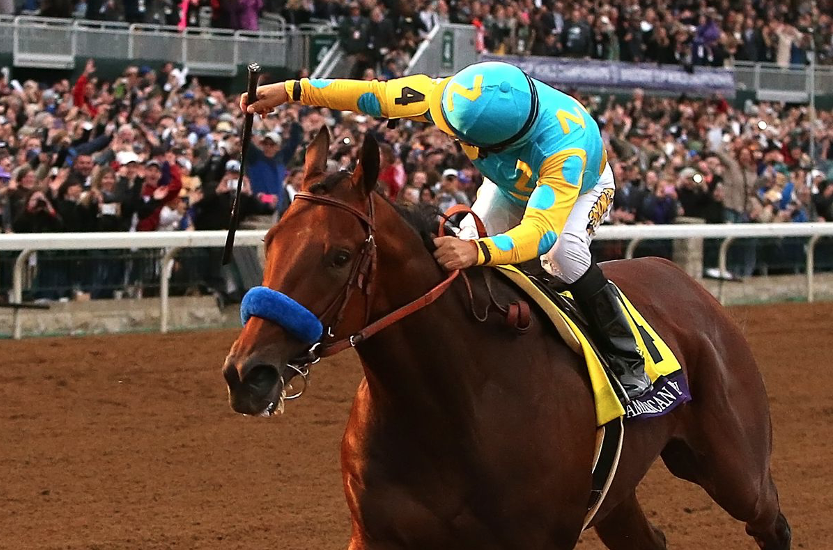CommentsTRACK SPEAK---If you're looking for a hobby that can be both fun and lucrative, horse betting may be the perfect option for you.
Although it takes some time to learn the ropes, once you do, you can enjoy watching races and placing bets with ease. The season is about to begin, and if you’re planning on placing some bets, make sure to check out British Racecourses first - there you’ll find information on different racing events such as the Arkle Challenge Trophy Chase, betting information and racecourses guides. So if you're looking to make some serious profits, browse their site and make an informed decision. Keep in mind, however, that like any other form of gambling, there is always risk involved so make sure that you only bet what you can afford to lose. With that said, good luck and have fun!
Unless you are a seasoned horse racing aficionado, the world of horse betting terminology can be confusing and downright baffling. Terms like "futures," "wheels," and "across the board" can seem daunting, but don't worry! This comprehensive guide will make you an expert in no time.
So, whether you're planning on placing your first bet or are just looking to brush up on your knowledge, read on for a breakdown of all the basics. By the end of this post, you'll know exactly what each term means and how to use it to your advantage. Let's get started!
The Going
Rather than going through the generic terms which just require memory to understand, we will go over some of the most important terms and what to consider when making a bet. The first term is the going, which is used to describe the condition of the ground that the horses are racing on. This is an important aspect to take into consideration when making a bet since different horses perform differently on different surfaces.
Different words are used to describe the surface, such as hard, dead, soft, firm, and so on. However, these words are describing two types of surfaces; surfaces that are more on the dry side, and surfaces that are more on the wet side. Try to identify if the horse reacts and performs better on firm surfaces or soft surfaces.
Fitness
As you can imagine, the word fitness describes how fit the horse is, and the fitness of the horse can play a big role in whether or not it will win, sometimes. When it comes to fitness, it depends on the class of the horse in the race, when the last time it had a break was, the fitness levels of the other horses, and what class the other horses are.
Some classes will naturally outrun other classes, irrespective of fitness levels. Some horses are also better suited for different races than others, and a few breeds include the Arabian, American Quarter Horse, Warmblood, Thoroughbred, and Standardbred. The type of race is also important since some races require stamina and some do not. Then there is also the gender and age to consider, such as broodmare, stallion, filly, colt, mare, stud, and gelding.
Blinkers
If you have never heard of the term blinkers before, these are the things placed over the horse’s head to limit their field of view. Why you might ask? Because horses have a great field of view since their eyes are situated on the side of their head.
Blinkers work well on some horses, especially horses that get nervous when other horses are running near them. However, before you place a bet on a horse with blinkers, thinking that it's automatically an advantage, you should take note of a few things. One thing to take note of is how the horse reacted to the blinkers in the previous race; some horses hate blinkers and will not ride at full form whilst wearing them. Some horses race too well with blinkers and blow the gas tank, whilst others might not like blinkers the first time they are used, but race much better the second. Figuring out these things is key to winning more bets.
Time Value
Another important term that you should learn is time value, which is the time figure that represents the performance. You might immediately think that if a horse has a great time value on one track, it will carry that across to all tracks that it races on. However, it isn’t that simple. For example, a horse might have a great time on one track, but at another, it might just be impossible for any horse to beat a specific time.
Another factor to take into consideration is the going, which as mentioned above, is the surface of the track. If the going of a track where a horse made great time was on the side of wet, they might not reach the same time on a track where the going was dry, or if there was a really strong wind that day.
















